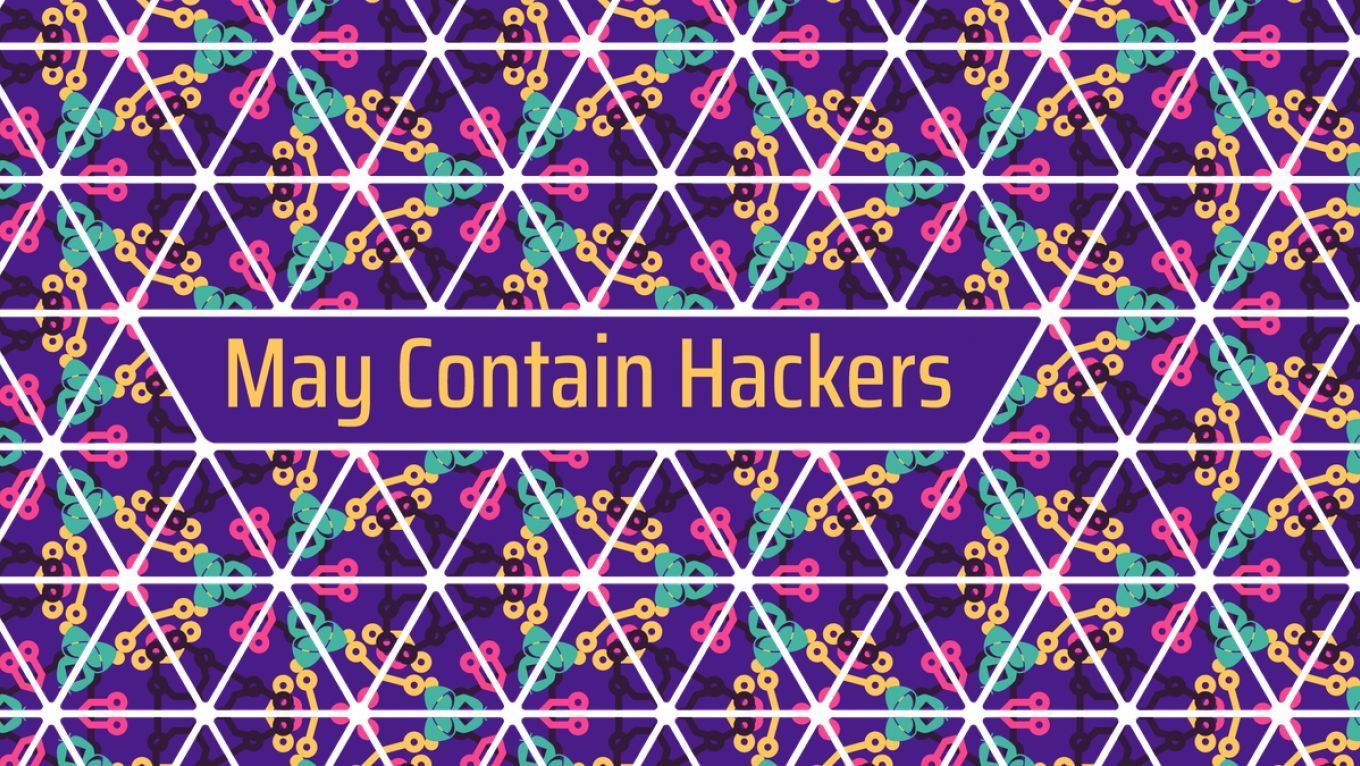MCH2022 Curated content
The Best Worst Thing
This is a submission for a keynote talk at MCH2022. The Internet is both a familiar, comfortable place as well as a bottomless rabbit hole you can lose yourself in. The Internet has always been like this from its inception, the difference now is the scale and consequences are almost immeasurable - and it tests the limits of human imagination. When you look into the mirror of the Internet what you see reflected back depends on what you are looking for. It has become largely a reflection of yourself.
Some inventions are so good that they change the world. When a new innovation is useful enough, we no longer want to live without it – and once a technology is practical enough, it soon becomes compulsory.
Electrical networks are a good example of this. While it is hard to imagine modern life without electricity, electrical networks are a fairly recent invention. Nowadays, a power outage brings everything to a halt. If an outage is extensive, not only homes will be affected – shops and factories also close. Once these networks are down, society will be offline. Modern society could only last for a few days in a complete power outage.
If the Internet were to fail, the impacts would be much less dramatic. Society would not stop during a network outage. Factories would continue to operate. Information would flow via TV antennas and FM radio. Of course, work would be much more difficult without network connections. Most monetary transactions would also cease. In a nutshell, internet outages are expensive, but they don't kill people.
I predict that, before long, the information network and electrical network will be equally important to our society. Before long, much like a power outage, a network outage will bring life to a halt. In fact, before long, a network outage will also mean a power outage.
Electrical networks have been highly beneficial, but we have become highly dependent on them. The same is now happening in relation to information networks. The electrical network needs the information network to work, and vice versa. Technological development is changing our society in a fundamental way. This dependency is happening on our watch.
Additional information
| Type | Short Talk |
|---|---|
| Language | English |
More sessions
| 7/22/22 |
⚠️ Warning! This talk may contain hackers. There may be hackers in the room. There may be hackers surrounding the room. There may be hackers recording this. There may be hackers listening in. There may be hackers that exfiltrate data. There may be hackers wearing shirts. There may be hackers carrying spying devices. OH NO! There are hackers EVERYWHERE! What can we do now, except having a party?
|
| 7/22/22 |
What do big tech, synthesizers, the crucifixion and Matthäus Passion have in common? Find the answer in the tech performance The Silicon Passion. We’ve all embraced big tech —but is it a warm hug or a strangulation? Bear witness to a debate of biblical proportions between tech nerds, technology and its users. In The Silicon Passion SETUP, in collaboration with de Transmissie (David Schwarz en Derk Stenvers) and Rodrigo Ferreira, is looking for a way out of the pit that technology has ...
|
| 7/22/22 |
Lightning talks are a 5 to 10 minute quick talk on an interesting subject. They can be with or without slides, and with or without proper preparation. if you weren't accepted in the main CfP, this is also a great opportunity to give an abridged version of your talk. These sessions will be available to sign up to later on, with details on the wiki: https://wiki.mch2022.org/Static:Lightning_Talks
|
| 7/22/22 |
In this workshop, we will learn how to assemble tiny parts on circuit boards by building an electronic touch-activated purring kitten. Anyone can do it. Yes, even you who never touched anything electronic before. Takes 120mins, 20€/kit, avoid caffeine immediately before. Max 10 participants per session, sign up on PAPER at the Hardware Hacking Area.
|
| 7/22/22 |
Have you ever forgotten a passphrase or lost a hardware token? Lost access to enough Bitcoin to buy a pizza or two? Encryption is fundamental to securing our liberties, but key and password management remain difficult even for professionals, let alone the general public. This talk presents Passcrow, an Open Source project attempting to address one of crypto's largest usability issues: password and key recovery in a decentralized environment.
|
| 7/22/22 |
Thanks to DNSSEC and DANE, it is possible to automatically verify user@domain.name identities by checking with domain.name servers. The real problem however, is integration with existing protocols, instead of inventing something completely new and perhaps web-only. The purpose of our work on Realm Crossover mechanisms has been to design generic solutions that extend many different application protocols, without changing their protocol specs.
|
| 7/22/22 |
Utilizing collaborative security to collect data on attacks we were able to detect Log4J in a quite unusual but effective manner. We'll show you how CrowdSec enables the entire infosec community to stand together by detecting attempts to exploit a critical 0day, reporting them centrally thereby enabling anyone to protect themselves shortly after the vulnerability was made public. The unusual part is that this is done using FOSS software and by analyzing logs of real production systems but in a ...
|

